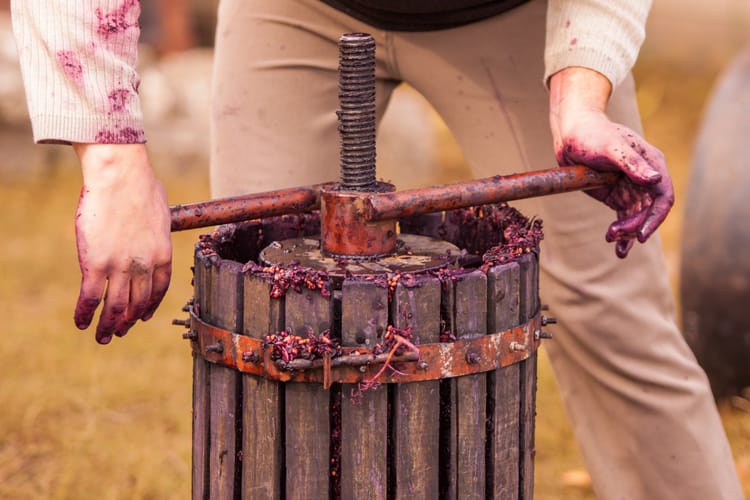The security guarantees Europe needs are being made in Ukraine

The obliteration of Russian strategic bombers left us stunned — and rightly so. The sheer audacity of the operation, its meticulous preparation, and the demonstration of Ukrainian ingenuity are forcing many to rethink what Ukraine is truly capable of achieving.
Get email notifications every time Gabrielius releases another article
Here are five key lessons:
1. The battlefield is now sustained mostly by Ukraine’s own innovations.
I’ve said this before: Ukraine’s ability to hold the line increasingly depends on domestically produced capabilities. Artillery and armor still have their place, but drone warfare has completely redefined their use. Neither side can move heavy equipment close to the front without immediately becoming a target. Hundreds, even thousands, of drone strikes a day are what keep the contact line more or less intact. While the world talks, hosts meetings, and forms yet another “coalition of the willing” that mostly leads nowhere — Ukrainians innovate and fight. Without their ingenuity buying us time, we wouldn’t be able to host all those meetings.
2. Ukraine’s innovation scene resembles the early days of Silicon Valley.
All over the country, thousands of inventors are building war machines — big and small. Those who manage to create scalable tools for killing Russian invaders are merging into ever-more capable groups. A Ukrainian friend told me: if someone asked whether Ukraine was building a nuclear weapon, he wouldn’t be able to give a clear answer — because, somewhere in a garage, an engineer might just be watching YouTube and assembling something close to that. Ukraine is innovating its way to survival. With proper support, it could innovate its way to deterrence.
3. This operation shows Ukraine is increasingly capable of acting independently of the West.
Its scale and ingenuity — carried out without visible Western intelligence or logistical support — suggests Ukraine is now less reliant on outside help. That also means Western leverage, both real and imagined, is eroding. Ukraine is preparing to fight on its own terms. If you ever wondered what strategic autonomy looks like — this might be it. Ukraine’s way of war is shaped by necessity: no one’s closing the skies, no one’s delivering ammunition at scale. So, Ukraine strikes where it can make Russia feel vulnerable. Just as it made the Black Sea unsafe (recall that one of Russia’s first requests to Trump was to broker a maritime ceasefire), now it’s aiming to make the skies above Russian bases feel just as insecure. That could start shifting Putin’s calculations.
4. This is not just a tactical win — it’s a strategic threat.
When Stalin bled troops in Finland, he had to reckon with the limits of brute force: sacrificing soldiers in one small theater weakens your position elsewhere. Russia today may be vast, but every resource spent in Ukraine weakens another front. Losing troops is one thing. Losing strategic aviation — especially for a nuclear power — is another. If this wasn’t a one-off, but part of a deliberate, multi-layered campaign to degrade Russia’s strategic capacity, then serious alarm bells are now ringing in Moscow. At least among those generals who haven’t yet been fired, given tea or shown a balcony.
5. Let’s stop pretending this is still about NATO expansion.
That debate is over. The reality has changed. The real question now is: what kind of security architecture will Ukraine create — and who will be allowed to join? If Ukraine succeeds stopping Russia, it will have done the work of the entire alliance. Personally, I’d rather deter Russia alongside the Ukrainians — ideally within NATO, but if some member states insist on living in denial, then in any other configuration that works. Imagine Moscow planning an attack on a Baltic state, knowing it wouldn’t just face Lithuanians, Latvians, Estonians, Poles, or Germans — but also Ukrainians, with all their drone power. That’s a war even Putin might think twice about starting.
Have you said thank you once?
If you appreciated this article and you would like to support my work, join Friends of Democracy today!






Member discussion